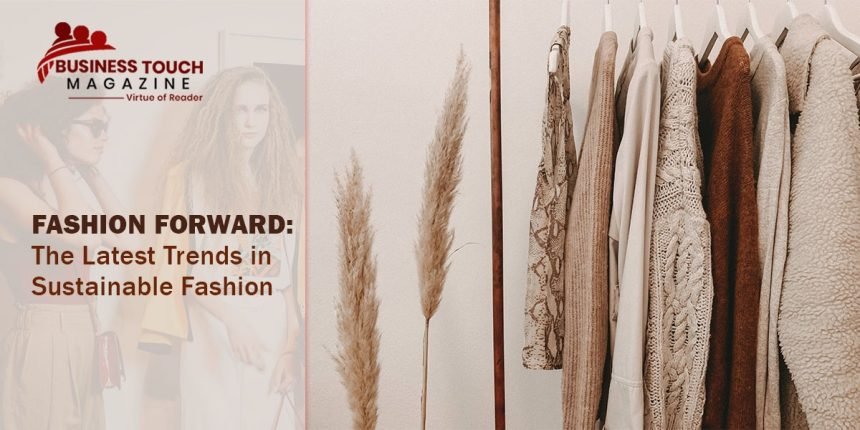In recent years, sustainable fashion has become a major trend in the fashion industry. As consumers become more conscious of their impact on the environment, they are seeking out clothing and accessories that are produced in an eco-friendly and socially responsible manner. In this blog, we will explore some of the latest trends in sustainable fashion, including ethical manufacturing, upcycling, and eco-friendly fabrics.
Ethical Manufacturing:
One of the key trends in sustainable fashion is ethical manufacturing. This involves ensuring that the workers who produce the clothing and accessories are treated fairly and paid a living wage. Ethical manufacturing also involves ensuring that the manufacturing process is environmentally responsible, using sustainable materials and minimizing waste.
Many sustainable fashion brands have adopted ethical manufacturing practices, such as fair trade and transparency in their supply chain. By focusing on ethical manufacturing, these brands are able to build a loyal customer base that values social responsibility and sustainability.
Upcycling:
Another trend in sustainable fashion is upcycling, which involves taking discarded materials and transforming them into new clothing or accessories. This can involve repurposing vintage fabrics, using recycled materials, or transforming old clothing into new designs.
Upcycling not only reduces waste, but it also creates unique and one-of-a-kind clothing and accessories. Many sustainable fashion brands have embraced upcycling as a way to offer customers a more sustainable and eco-friendly option.
Eco-Friendly Fabrics:
Eco-friendly fabrics are becoming increasingly popular in the fashion industry. These fabrics are made from sustainable materials, such as organic cotton, hemp, or recycled polyester. They are also produced using environmentally responsible processes that minimize water usage and waste.
Eco-friendly fabrics are not only better for the environment, but they are also often more comfortable and durable than traditional fabrics. Many sustainable fashion brands are incorporating eco-friendly fabrics into their designs, offering customers a more sustainable and ethical option.
Circular Fashion:
Circular fashion is a new approach to fashion that aims to reduce waste and promote sustainability. Instead of the traditional linear model of producing, consuming, and disposing of clothing, circular fashion focuses on creating a closed-loop system where materials are reused and recycled.
Circular fashion involves designing clothing and accessories that can be easily disassembled and repurposed, using recycled materials, and minimizing waste. Many sustainable fashion brands are embracing circular fashion as a way to create a more sustainable and eco-friendly fashion industry.
Slow Fashion:
Slow fashion is a movement that encourages consumers to buy fewer, higher quality items of clothing that are produced in an ethical and sustainable manner. This approach to fashion involves investing in pieces that are designed to last, rather than buying cheap, disposable clothing that will quickly fall apart.
Slow fashion also involves a shift in mindset, away from the fast-paced, trend-driven world of fast fashion. Instead, it encourages consumers to value quality over quantity and to be more mindful of their fashion choices.
Digital Fashion:
Digital fashion is a new trend that is emerging in the fashion industry. This involves creating digital clothing and accessories that can be worn in virtual environments, such as online gaming or social media platforms.
Digital fashion offers a sustainable and eco-friendly alternative to traditional clothing production, as it eliminates the need for physical materials and reduces waste. It also allows for more creative and experimental designs, as designers are not limited by the constraints of physical materials.
However, the concept of digital fashion is still relatively new, and it remains to be seen how it will be adopted by consumers. Some experts predict that digital fashion could revolutionize the industry, while others are more skeptical about its long-term viability.
Community and Collaboration:
Another trend in sustainable fashion is community and collaboration. Many sustainable fashion brands are partnering with local artisans and craftspeople to produce clothing and accessories in a more ethical and sustainable manner.
This approach to fashion involves building a community of like-minded individuals who share a passion for sustainability and social responsibility. It also involves collaborating with other designers and brands to share resources and knowledge and to promote sustainable fashion more broadly.
Community and collaboration can help to build a more sustainable and ethical fashion industry, by encouraging transparency, sharing best practices, and promoting innovation.




